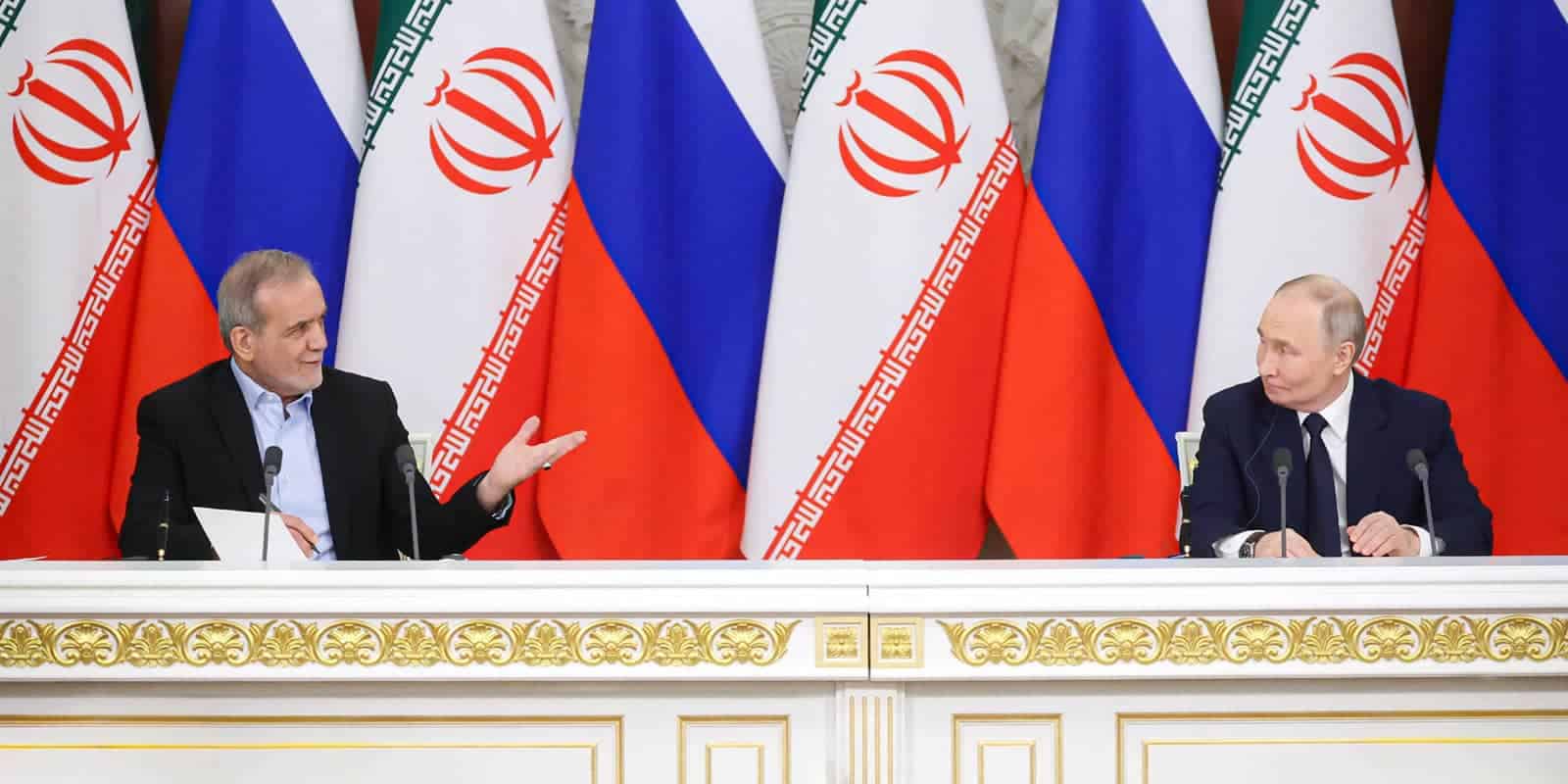The Persian Gulf and Iraq are just the latest flashpoints in a geopolitical battle involving the US, Israel, Iran and now Russia.
Iran has harassed international shipping in the Persian Gulf and the Strait of Hormuz for months. Now, Russia’s involvement could lead to major problems in the region.
“We know from the Iranian media that Russia is trying to exploit the crisis in order to fulfill its strategic aim of expanded military forces in the Persian Gulf. So, the Iranian navy revealed that it is going to be a mutual drill between Moscow and Tehran in the Persian Gulf,” explained Yossi Mansharof of the Jerusalem Institute of Security and Strategy.
“We see that Russia wants to challenge the Trump administration in this current crisis and exploit it.”
Meanwhile, US Secretary of State Mike Pompeo is in Australia making his case for the West to unite in protecting shipping from Iranian aggression.
“What we’ve asked 60-plus nations to do is provide assistance in securing from and deterring from and securing the Strait of Hormuz so that commercial vessels can travel through there,” Pompeo said during his visit.
Mansharof says Russia’s presence will embolden the Islamic republic.
“The more that Iran feels secure it is encouraged to keep challenging the US and the Europeans in this strategic location of the Hormuz Strait and you can assume that Iran would continue to seize oil vessels of the US and other countries in this region.”
Complicating the US-Russia relationship, US ambassador Jon Huntsman says he’ll be stepping down and in his resignation letter urged President Trump to stand up to Putin. He said, “going forward, we must continue to hold Russia accountable when its behavior threatens us and our allies.”
Meanwhile, Israel is believed to have executed an attack against two Iranian backed militia bases operating inside Iraq. If true, it would be Israel’s first strike inside Iraq since Israeli planes knocked out a nuclear reactor in 1981.
“The reason this is happening is that there’s been a very deeply held concern in the Israeli security establishment in recent months at the prospect of the Iranians placing short-range ballistic missiles in the hands of their Iraqi Shiite militia clients who would then deploy those missiles in western Iraq and thus have Israel within range of those missiles for the first time,” said Jonathan Spyer from the Jerusalem Institute for Strategy and Security.
Spyer and Mansharof say Iran’s leaders play a dangerous game of flexing their muscles while keeping an eye on the US’ political calendar. They maintain Iran hopes Trump will lose so they can deal with a more pliable White House.
CBN, 7.8.2019
















Israel’s Role in the Next Phase in Gaza – and It’s Regional Impact